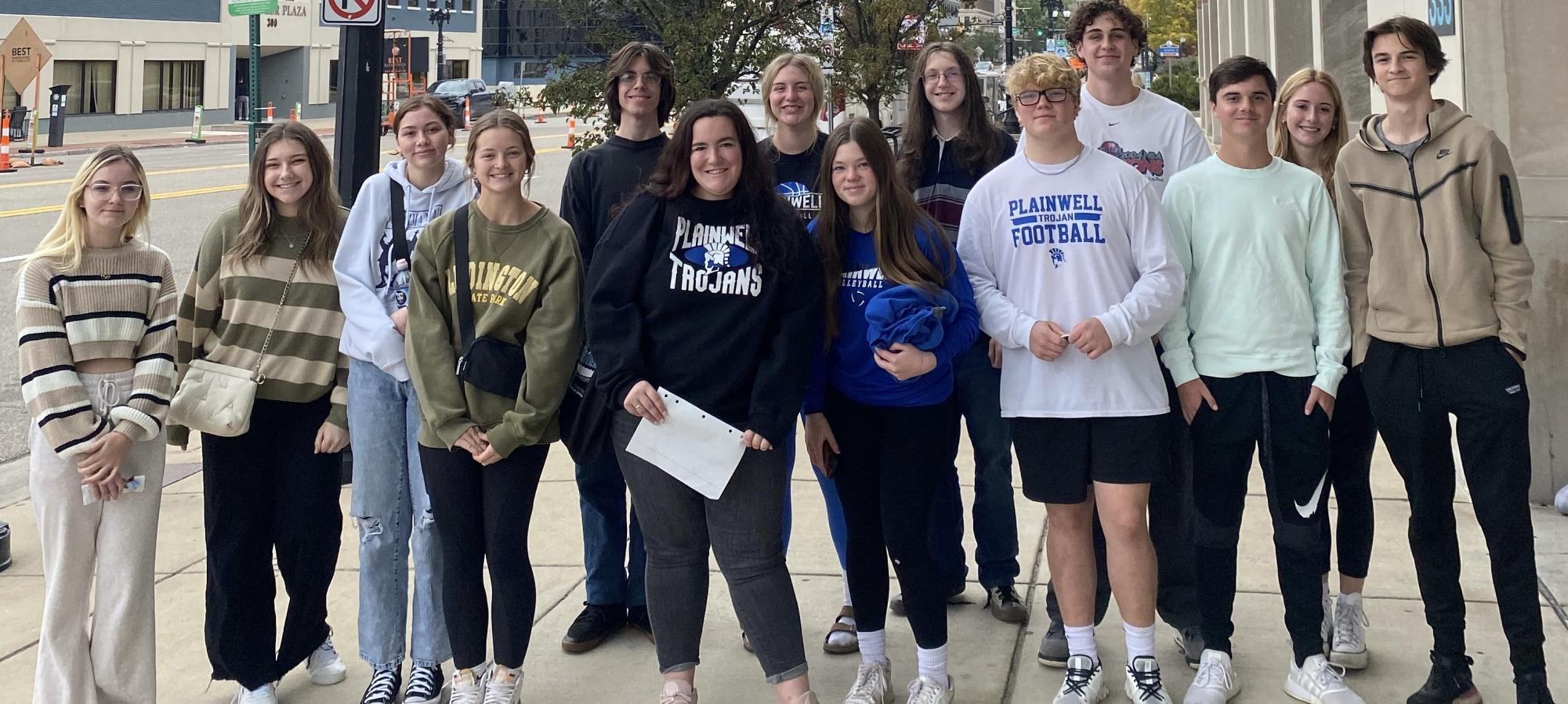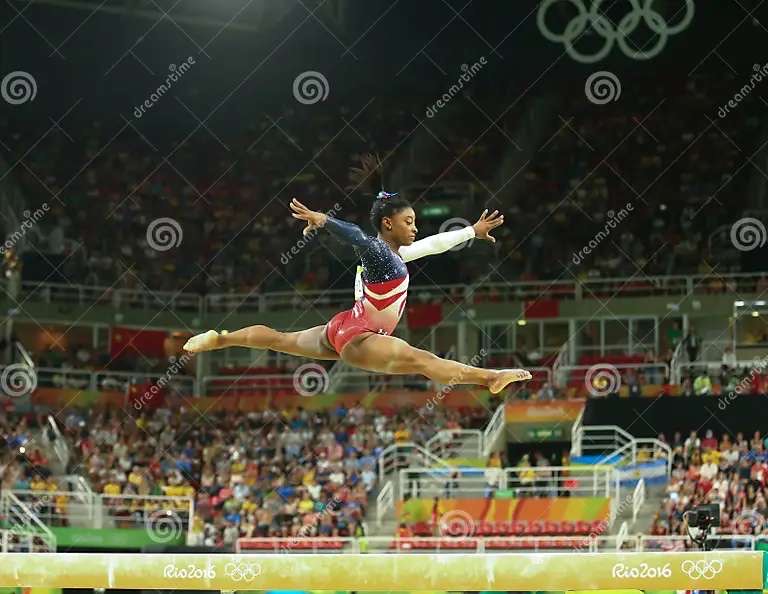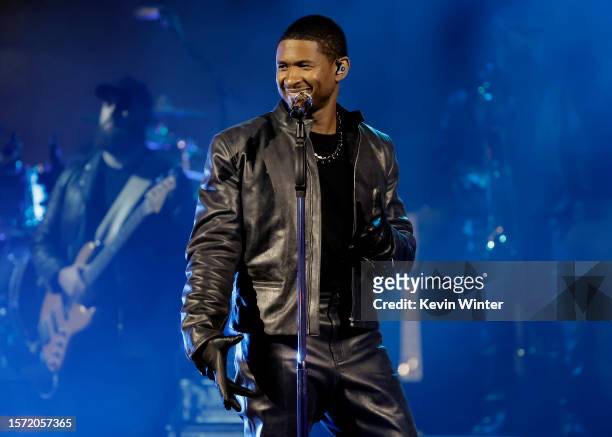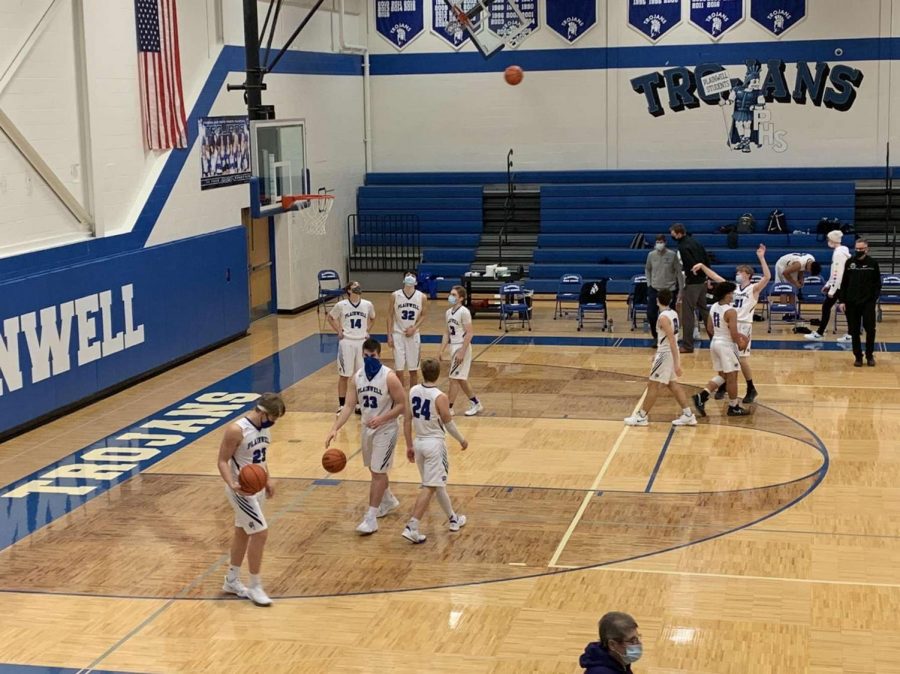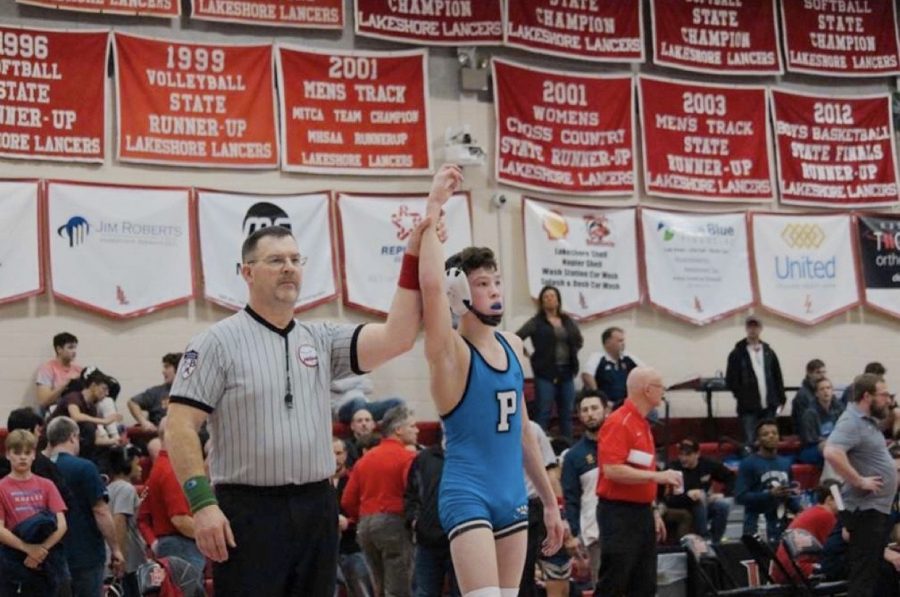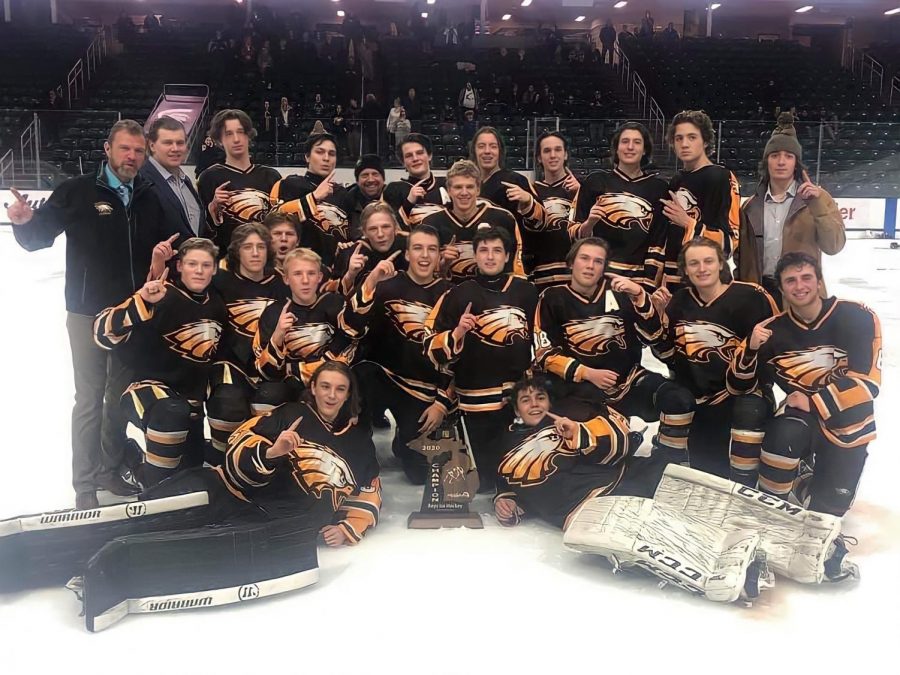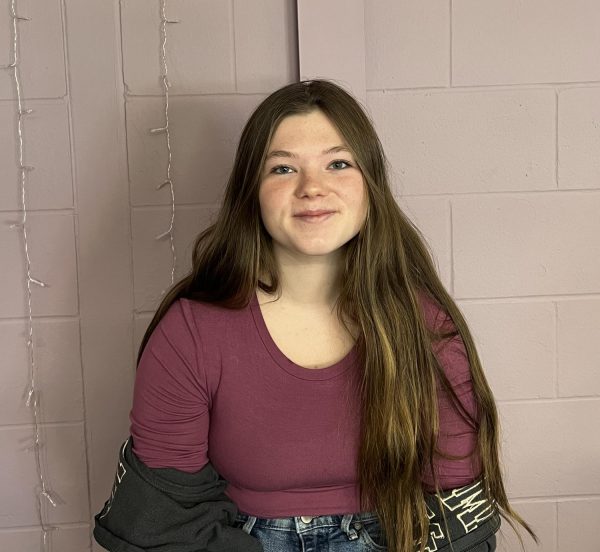Since the very beginning of female sports in the 1940s, women have not been taken as seriously as men- some were even ridiculed just for playing. High school sports are no exception to this common occurrence in athletics; it just might be worse.
Autumn Gravelyn (‘26), one of many female athletes at Plainwell High School, speaks on feeling personally affected by issues in societal views of female athletics. “The only women represented well in the media are rich women, who are insanely good at their sport,” Similarly, another athlete at Plainwell High School, Sophie Munch (‘25) said, “On my Instagram, I follow WNBA and NBA and there’s so much more that pops up for the NBA,” In support of these two opinions, despite the fact that women’s sports make up over 40% of athletes overall, according to a study done by Women In Sport, only about 4% of sports media reporting covers women’s sports. Only 4%.
Brody Hercik (‘25), a male athlete at Plainwell High School, was also asked the same question on the representation of strong women in the media, to which he said, “Um, I feel like it’s harder but some do. Like Steph Curry’s wife, she’s really hot, and she gets represented well,” This provokes the question, do men only care about female athletes if they’re attractive? In correlation to this question, a recent statistic found that 45% of female athletes have experienced a form of sexual harassment from men. This is unacceptable. Women are not sexual objects placed on the earth for the pleasure of men. Women’s jerseys and sporting uniforms tend to be much more revealing than men’s uniforms. This is no coincidence. Can women exist as their own person rather than eye candy?
Not only are women mistreated in regard to representation, but also through flat-out disrespect. When asked if she had ever felt like she wasn’t taken as seriously as boys when playing her sport, Gravelyn said, “Yes, I feel like, for example, for volleyball, no one would show up to our games, but for football, people would drive all the way to Edwardsburg to sit in twenty-degree weather,” Similarly, Munch said, “Whenever I start talking about my sport, they (boys) tell me it doesn’t matter. Just because it’s a different person playing doesn’t mean it doesn’t matter,” When asked if they had ever heard boys making jokes about women being bad at sports, or saying things like “I could beat you in a 1v1,” Gravelyn said “Oh my gosh, every single day. Especially cuz my dad’s the coach, everyone always says “Aren’t you supposed to be good at basketball?” Munch simply said, “Every day,” When Hercik was asked the same question, he agreed with the previous statements, saying “Yeah, at least twice a day,” This behavior has become normalized by both men and women, women thinking they just need to accept it, and it being a point of comedy for men. The fear of being made fun of for simply playing sports holds so many young women back from staying active through something they enjoy. 68% of teen girls when asked why they quit their sport said it was due to a fear of being judged, and 61% said it was due to a lack of confidence, according to the same study mentioned previously by Women In Sport. Thinking about all the statements above, there is no question why young women hold such a crippling fear of being judged.
Obviously, there is a large gap in the equality of men and women in sports. Being seen as a sexual object, being judged and made fun of, and having 1.3 million fewer sporting opportunities than men in sports are all main contributing factors to this problem. Munch said when asked if a change needed to be made for women in sports, “Yeah. They should just normalize women’s sports. Even in restaurants they only play guys’ sports. They act like men’s sports are so much more important, and they aren’t,” But when Hercik was asked what he thought about the same question, he said, “No, I mean people just don’t really support them,” While we may never be able to change opinions like Hercik’s, we can continue to educate young women on self-confidence and resilience, and encourage female-led sports teams by boosting them on the media and supporting them in person. As Gravelyn simply stated, “Women need to be treated equally, and are just as good as men,”
